Decolonising initiative that provides a diverse reading list where students read key literature from academics from racial or gender minority groups. Students learn about decolonial thought and specific decolonising tools they can use in their learning and assessments. Students are encouraged to develop their own assessment questions with guidance on the desired skills to attain intended learning outcomes of the unit and practical implementation of race theories and concepts to real life case studies whether local national or global.
Resources required:
- Staff.
- Space on institutional network to host content.
- Engagement.
Available evidence of impact:
- Enhanced student learning experience.
- Nominations for teaching awards.
- Feedback from students: ‘I liked the diversity of the reading list, which is a common issue in other units.‘ ‘This unit thoroughly discussed racism in a way that hasn’t been whitewashed. It is the best unit choice I have made so far in my entire time at the university. I love that it covers both historical and contemporary examples of the theory it teaches, as well as using academic readings from non-white academics.‘ ‘She goes the extra mile to ensure our learning is not just for now, to come out with a first, but for us to be able to take an important perspective out into the world and to apply it to the real world and with our other modules/subjects. For me, this is what real teaching is. Not only this, to have all of this from a female lecturer is particularly inspiring for me.’
Links to available resources:
- Nazia is happy to share reading lists with interested individuals – nazia.hussein@bristol.ac.uk
Implementation and potential challenges:
- Staff allowed additional time in their work allocation.
- Rate at which decolonising the curriculum is happening “lots of speech work but little action”.
How to Use:
- Allocation of time for academic staff to work on module content.
- Consider representation within reading lists and module content.
- Think about how texts are taught, critiqued and how academic literacies are experienced.
- Encourage exploration and deconstruction of the origins of discipline, through curriculum development.
- Allow students to explore identity and histories for a collective understanding of discipline.
- Check module content for negative stereotyping.




